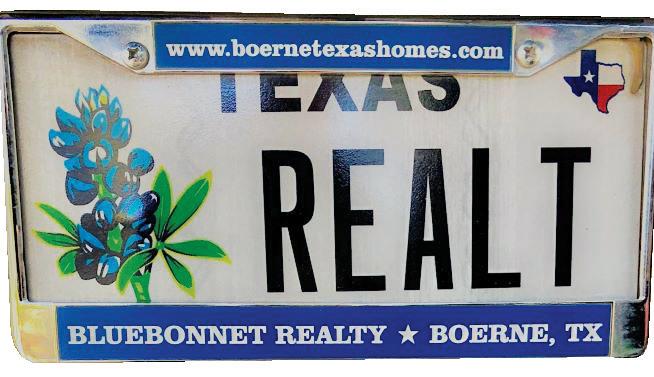
3 minute read
Concerns Too Often Overlooked
by Matthew K.
Retirement
A word that people often don’t think about seriously until it is too late. There is no doubt that retirement is a major life and financial transition. Many people dream of starting their retirement throughout their working career. The problem is, most of us look forward to it with no real plan. No real guidance. No real action.
If you are nearing retirement or find yourself daydreaming about the day you get to retire, read below to gain insight into the five retirement concerns that are often overlooked.
REQUIRED MINIMUM DISTRIBUTIONS (RMDS)
An RMD is the minimum amount you must withdraw from your individual retirement account each year after the age of 73. RMDs are determined by dividing the retirement account’s prior year-end fair market value by a life expectancy factor published by the IRS. If you are unsure how to calculate your RMD amount, visit The Internal Revenue Services (IRS) website for their free worksheet.
*Important note: Starting in 2024, holders of designated Roth 410(k) accounts will no longer be required to take RMDs from them. This rule is already true for Roth IRAs.1
Taxes
Retirement does not necessarily translate to reduced taxes. While you may earn less in retirement than you once did, many forms of income are taxable: RMDs; investment income and dividends; most pensions; even a portion of Social Security income depending on a taxpayer’s total income and filing status. Of course, once a mortgage is paid off, a retiree loses the chance to take the significant mortgage interest deduction.2
The bottom line: Unless your taxable income falls at or below the standard deduction level every year, you will most likely be required to pay taxes. How much you’ll pay is another story! If you need help minimizing your tax burdens, reach out to Prime Capital Investment Advisors for a consultation.
Health Care Costs
Those who retire in reasonably good health may not be inclined to think about potential health care crises, but they could occur sooner than you think – and they could be costly. According to Fidelity, health care is expected to be one of the largest expenses in retirement, after housing and transportation costs.3
According to the Fidelity Retiree Health Care Cost Estimate, an average retired couple age 65 in 2022 may need approximately $315,000 saved (after tax) to cover health care expenses in retirement.3 Of course, the amount will vary depending on when and where you retire, your general health, and life expectancy.
The bottom line: it is important to plan ahead and weigh out all of your options when considering health care costs in retirement!
Eldercare Needs
Those who have a longer life expectancy or face health complications will probably need some long-term care in retirement. It is critical to look into your options and make sure you are properly prepared for long-term care.
Surprisingly, more than 6 out of 10 people polled by Provision Living said that they’re working into retirement purely for financial reasons.
By planning early, you will be better prepared to avoid having to work throughout your retirement years.
Inflation
With consumer prices continuing to raise, it’s crucial to consider the role it may play in your retirement. If you aren’t invested in the market, you may be missing out on longterm growth. Money that’s been invested over a long period of time has typically earned more than it would have sitting in a savings account. And when it comes to inflation, history also shows that the S&P 500 has tended to beat inflation over time, by an average return of around 10 percent.4 www.pciawealth.com | (830) 816-5131
As part of your preparation for retirement, give these matters some thought. Life is about enjoying the here and now. But it’s crucial to recognize the potential impact these five concerns could have on your financial future. By preparing today, you can better ensure you also enjoy tomorrow.
You have worked your whole life to create your nest egg. With that said, you want to make sure your retirement income is protected and works for you well beyond your retirement years. If you need guidance on any of these 5 concerns, please give me a call.
Matt Nelson is the Managing Director for PCIA’s San Antonio market. He has been in the financial services industry for over two decades. Due to Matt’s tenure, he has a wealth of experience assisting high-networth individuals to work through a multitude of financial challenges to develop a holistic approach to wealth management and asset protection. He also works with many large corporations throughout the Midwest and Southwest handling their retirement plans. Specifically, he consults with plan sponsors regarding fiduciary protection, vendor search, and selection as well as face-to-face participant education.
Matt’s approach to these services begins with a strong relationship with his clients by understanding their needs, listening to concerns, then coordinating with tax and legal experts to develop a holistic plan.

Matt loves raising his two daughters in the Boerne and Kendall County community and is very active in supporting the local community.

616 E. Blanco Road, Ste. 201-A Boerne, Texas 78006










